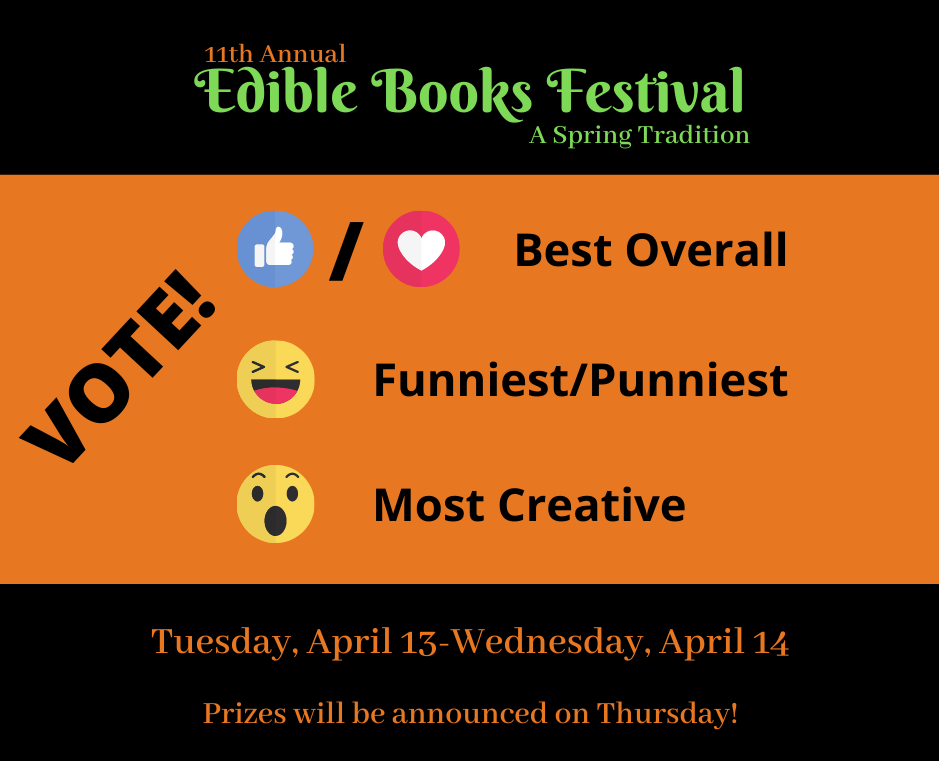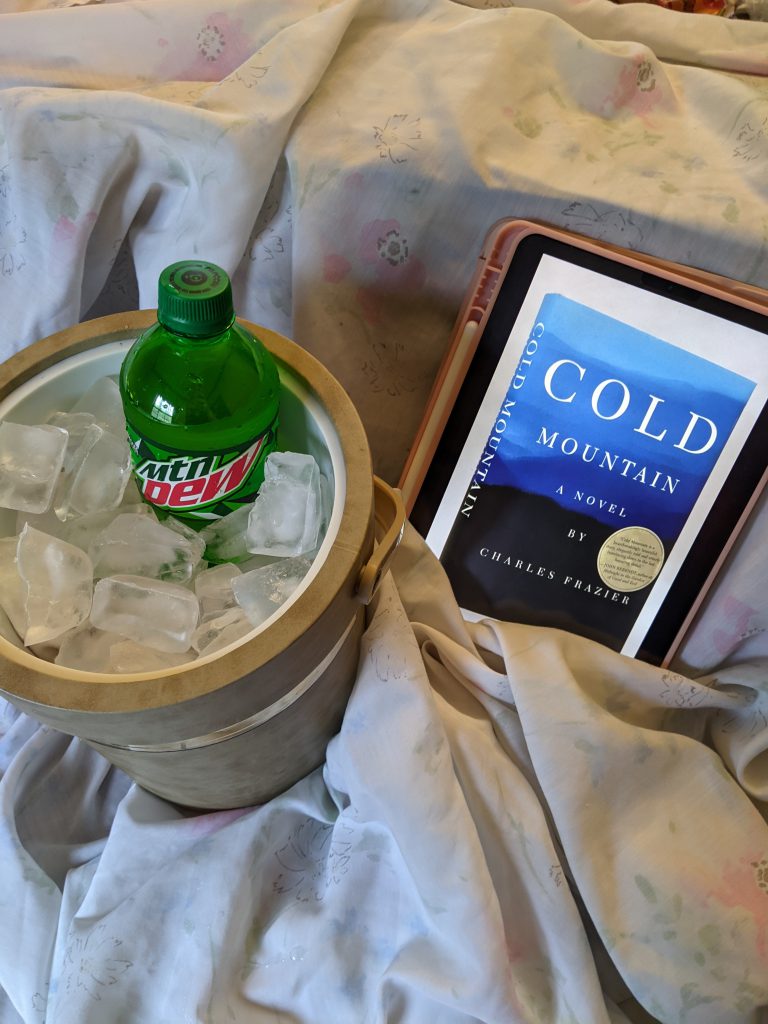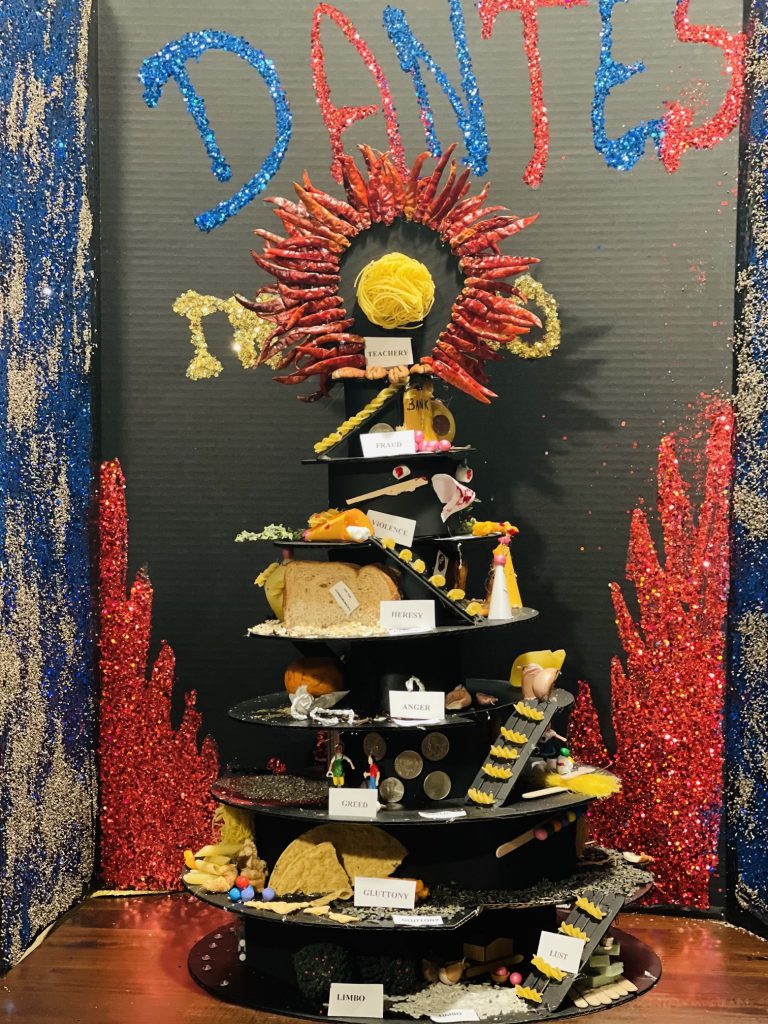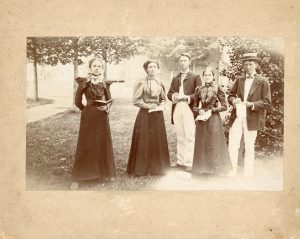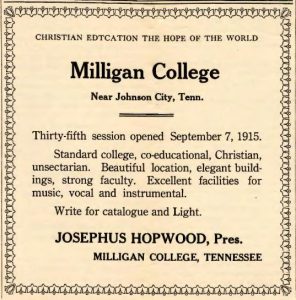New Books and Media Received (November 2020 – January 2021)
The following Books (150 items) were received into the Library collection for both the Welshimer and Seminary Libraries through expense accounts and by donation from November 2020 to January 2021.
Seminary Library
Art
The Rublev Trinity: the icon of the Trinity by the monk-painter Andrei Rublev, 2007.
History
The Oxford handbook of cuneiform culture, 2020.
Information Resources and Library Science
Latin palaeography : antiquity and the Middle Ages, 1990.
Language and Literature
Translating empire: Tell Fekheriyeh, deuteronomy, and the Akkadian treaty tradition, 2019.
Philosophy, Psychology, and Religion
Athanasiana Syriaca.De incarnatione contra Arianos; contra Apollinarium I; De cruce et passione; quod unus sit Christus; De incarnatione dei verbi; Ad Jovianum, 1972.
Balaam in Text and Tradition, 2019.
Beguiled by beauty: cultivating a life of contemplation and compassion, 2020.
Commentaire sur l’Épître aux Romains [3 volumes, vols. 2-4], 2009.
A concise guide to the Quran: answering thirty critical questions, 2020.
The Congregation in a secular age: keeping sacred time against the speed of modern life, 2021.
A critical and exegetical commentary on the Epistle of James by Dale C. Allison, 2013.
Deuteronomy (Biblia Hebraica) by Carmel McCarthy, 2007.
Dogmatics in outline, 1970.
Ezra and Nehemiah (Biblia Herbraica) by David Marcus, 2006.
Genesis by John Goldingay, 2020.
God’s messiah in the Old Testament: expectations of a coming king, 2020.
Hosea-Micah by John Goldingay, 2021.
How to preach a dangerous sermon, 2018.
Institutions of divine and secular learning; and, On the soul by Cassiodorus, James Halporn, and James W. Vessey, 2004.
Jesus and John Wayne: how white evangelicals corrupted a faith and fractured a nation, 2020.
Judges (Biblia Hebraica) by Natalio Fernández Marcos and David Marcus, 2011.
Majority world theology, 2020.
The practice of pastoral care: a postmodern approach, 2015.
Rhetoric and hermeneutics: approaches to text, tradition and social construction in Biblical and Second Temple literature, 2019.
Surviving a dangerous sermon, 2020.
Theology as freedom: on Martin Luther’s “De servo arbitrio”, 2019.
Third culture faithful: empowered ministry for multi-ethnic believers and congregations, 2020.
Twelve Minor Prophets by Anthony Gelston and Adrian Schenker, 2010.
Warriors between worlds: moral injury and identities in crisis, 2019.
Women in the Bible by Jaime Clark-Soles, 2020.
Work and worship: reconnecting our labor and liturgy, 2020.
New Testament Seminar
The Eucharist, its origins and contexts: sacred meal, communal meal, table fellowship in late antiquity, early Judaism, and early Christianity, 2018.
The Eusebian canon tables: ordering textual knowledge in late antiquity, 2019.
Faith as participation: an exegetical study of some key Pauline texts, 2019.
The first Christians in the Roman world: Augustan and New Testament essays, 2008.
John the theologian and his Paschal Gospel: a prologue to theology, 2019.
The media matrix of early Jewish and Christian narrative, 2019.
Numerals in early Greek New Testament manuscripts: text-critical, scribal, and theological studies, 2017.
Paul and the ancient celebrity circuit: the cross and moral transformation, 2019.
Scribal harmonization in the Synoptic Gospels, 2019.
Simply come copying: direct copies as test cases in the quest for scribal habits, 2019.
Reference
Encyclopedia of Christianity in the global south [2 volumes], 2018.
The Oxford handbook of the archaeology of the Levant: c. 8000-332 BCE, 2014.
Donated Gift Items to the Milligan Libraries
1984 revisited: totalitarianism in our century.
African American poetry: 250 years of struggle & song.
After the fact: the art of historical detection.
All the daring of the soldier: women of the Civil War armies.
American beauty by Lois W. Banner.
And sadly teach: teacher education and professionalization in American culture.
Animal land: the creatures of children’s fiction.
Basic Christianity by John R. W. Stott.
The beautiful soul of John Woolman, apostle of abolition.
Becoming visible: women in European history.
The Beechers: an American family in the nineteenth century.
Beyond freedom and dignity.
A brief history of the book: from tablet to tablet.
Bring out your dead: the past as revelation.
Chaos: making a new science.
A chorus of stones: the private life of war.
Clash of extremes: the economic origins of the Civil War.
Clio’s consciousness raised: new perspectives on the history of women.
Complicity: how the North promoted, prolonged, and profited from slavery.
Conflict and consensus in modern American history.
Connecting spheres: women in the Western world, 1500 to the present.
The Constitution in conflict.
Dearly: new poems by Margaret Atwood.
Disappearing through the skylight: culture and technology in the twentieth century.
Early biblical interpretation by James L. Kugel and Rowan A. Greer.
Elidor and the golden ball.
An encyclopedia of fairies: hobgoblins, brownies, bogies, and other supernatural creatures.
The Experts speak: the definitive compendium of authoritative misinformation.
Felon: poems by Reginald Dwayne Betts.
The forms of autobiography: episodes in the history of a literary genre.
Free but not equal: the Midwest and the Negro during the Civil War.
Freedom in America by Kenneth Bridges.
From confederation to nation: the American Constitution, 1835-1877.
From rationality to liberation: the evolution of feminist ideology.
The gift of Acabar.
A guide for the writing of local history by John Cumming.
A guide to writing history by Doris Ricker Marston.
Having our say: the Delany sisters’ first 100 years.
Healing the hurt that won’t heal: freedom for the abortion-wounded and help for the church they fear.
Heavy metal [DVD].
Heritage of music [4 volumes] by Michael Raeburn and Alan Kendall.
Heroines of Dixie: Confederate women tell their story of the War.
History and American society: essays of David M Potter.
History as an art of memory.
History making history: the new historicism in American religious thought.
A history of American political thought by Alfons J. Beitzinger.
A history of food by Maguelonne Toussaint-Samat.
A history of medicine by Lois N. Magner.
A history of private life [2 volumes] by Philippe Ariès and Georges Duby.
J.R.R. Tolkien by Robley Evans.
Joyous greetings: the first international women’s movement, 1830-1860.
Legends, lies, and cherished myths of American history.
Love and limerence: the experience of being in love.
Making history matter by Robert Dawidoff.
Manifest destiny: a study of nationalist expansionism in American history.
Many thousands gone: the first two centuries of slavery in North America.
Material culture: a research guide.
Mechanical man: John Broadus Watson and the beginnings of behaviorism.
Medieval bodies: life, death and art in the Middle Ages.
Memoirs of a medieval woman: the life and times of Margery Kempe.
Modern and modernism: the sovereignty of the artist, 1885-1925.
Mongrel firebugs and men of property: capitalism and class conflict in American history.
Monument: poems: new and selected.
The motivated worker: a manager’s guide to improving job satisfaction.
Mythology by Edith Hamilton and Steele Savage.
A Natural History of the Senses by Diane Ackerman.
The nature of historical knowledge by Michael Stanford.
The Negro in the making of America.
Not in God’s image; [women in history from the Greeks to the Victorians].
On the laps of gods: the Red Summer of 1919 and the struggle for justice that remade a nation.
Paradigms lost: images of man in the mirror of science.
Patriotic treason: John Brown and the soul of America.
The philosophy of history: with reflections and aphorisms by John William Miller.
Portraits of American women: from settlement to the present.
The problem of slavery in Western culture.
The Random House library of painting and sculpture.
Remembering and forgetting: an inquiry into the nature of memory.
Researching and writing in history; a practical handbook for students.
Rethinking masculinity: philosophical explorations in light of feminism.
Rising from the rubble: the restoration of Boldt Castle 1977-2002.
The sable arm: Negro troops in the Union Army, 1861-1865.
The sisterhood: the true story of the women who changed the world.
The slave catchers: enforcement of the Fugitive slave law, 1850-1860.
The southern hill and the land beyond.
A student’s guide to history Jules R. Benjamin.
A student’s guide to the study of history by John Lukacs.
Teacher in America by Jacques Barzun.
Teaching history with community resources.
The theologian and his universe: theology and cosmology from the Middle Ages to the present.
They also ran: the story of the men who were defeated for the presidency.
They marched into sunlight: war and peace, Vietnam and America, October 1967.
Timeless problems in history.
To serve them all my days [DVD Miniseries].
Understanding history through the American experience.
Velcro families: they stick!
A visual history of the English Bible: the tumultuous tale of the world’s bestselling book.
The voice of Black America: major speeches by Negroes in the United States, 1797-1971.
Wade in the water: poems by Tracy K. Smith.
Walden Two by B. F. Skinner.
The war against women Marilyn French.
Warrior dreams: violence and manhood in post-Vietnam America.
The way of St Francis: the challenge of Franciscan spirituality for everyone.
A woman of valor: Clara Barton and the Civil War.
Women and the American experience by Nancy Woloch.
Women’s America: refocusing the past.
You shall be as gods: a radical interpretation of the Old Testament and its tradition.
